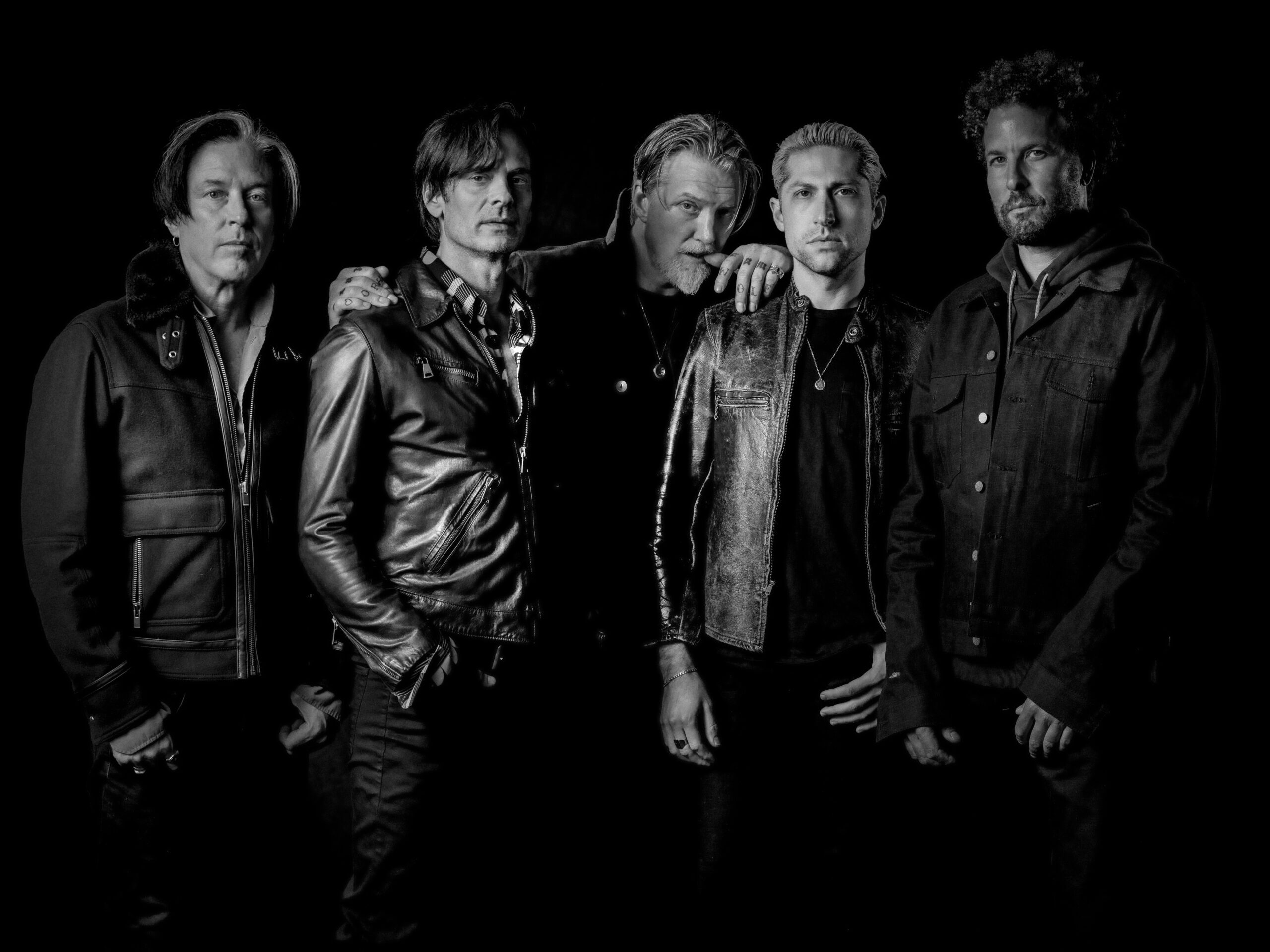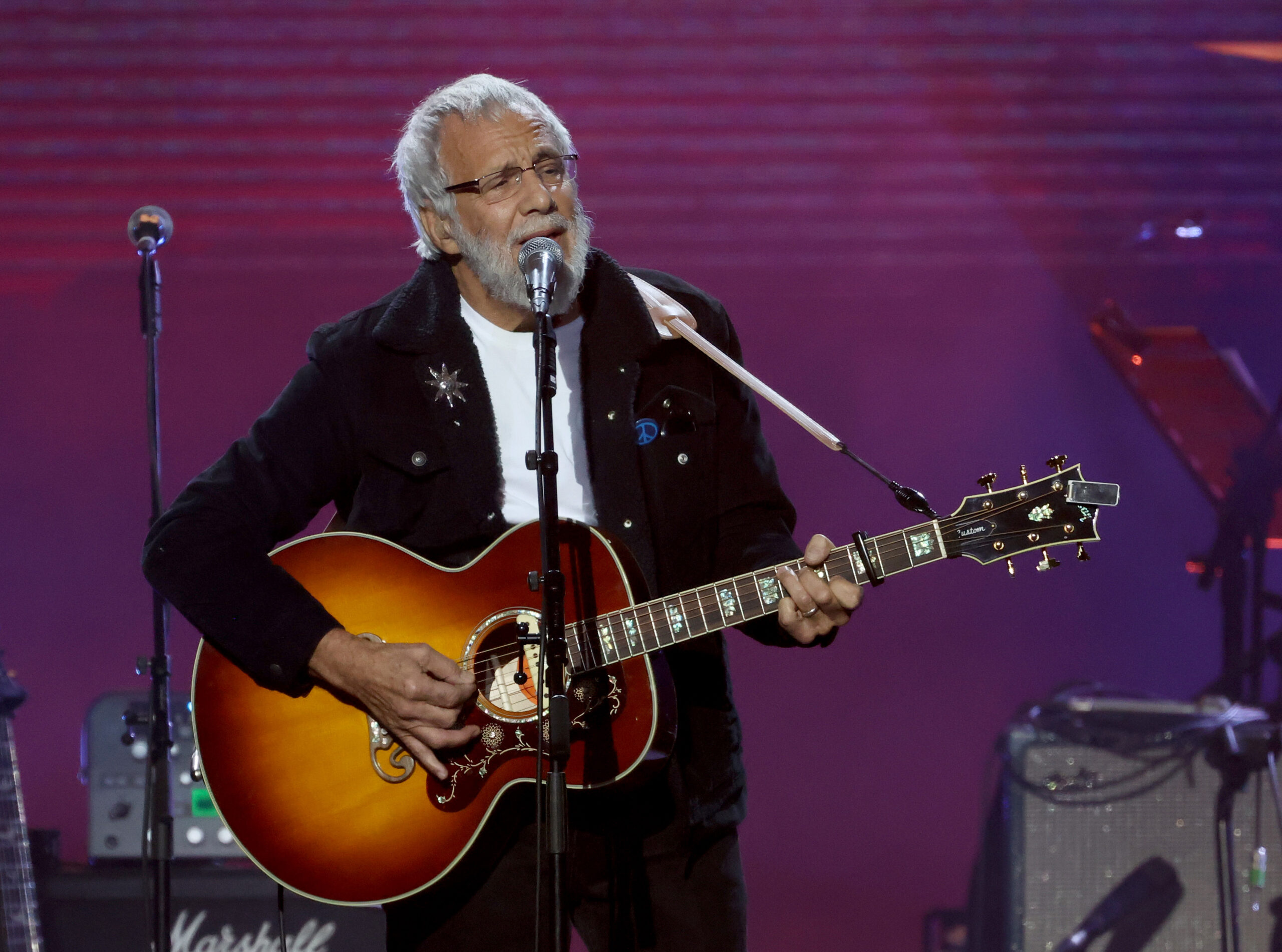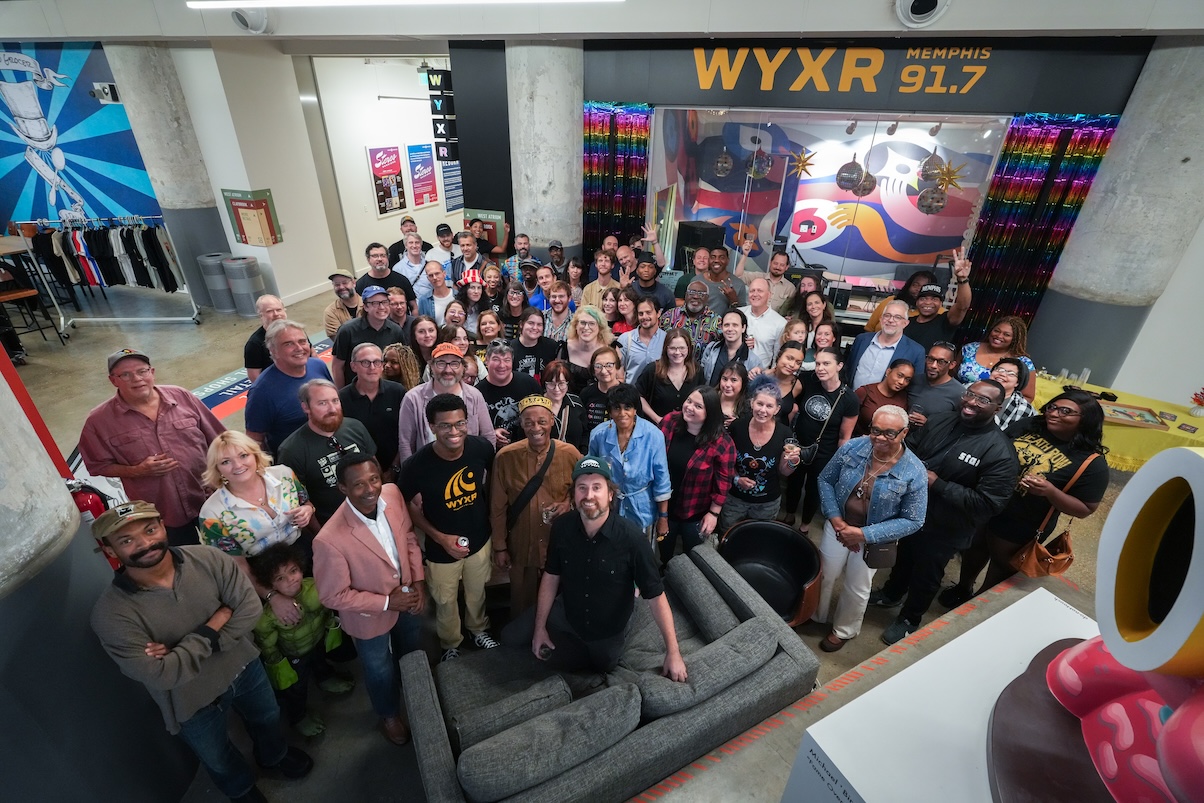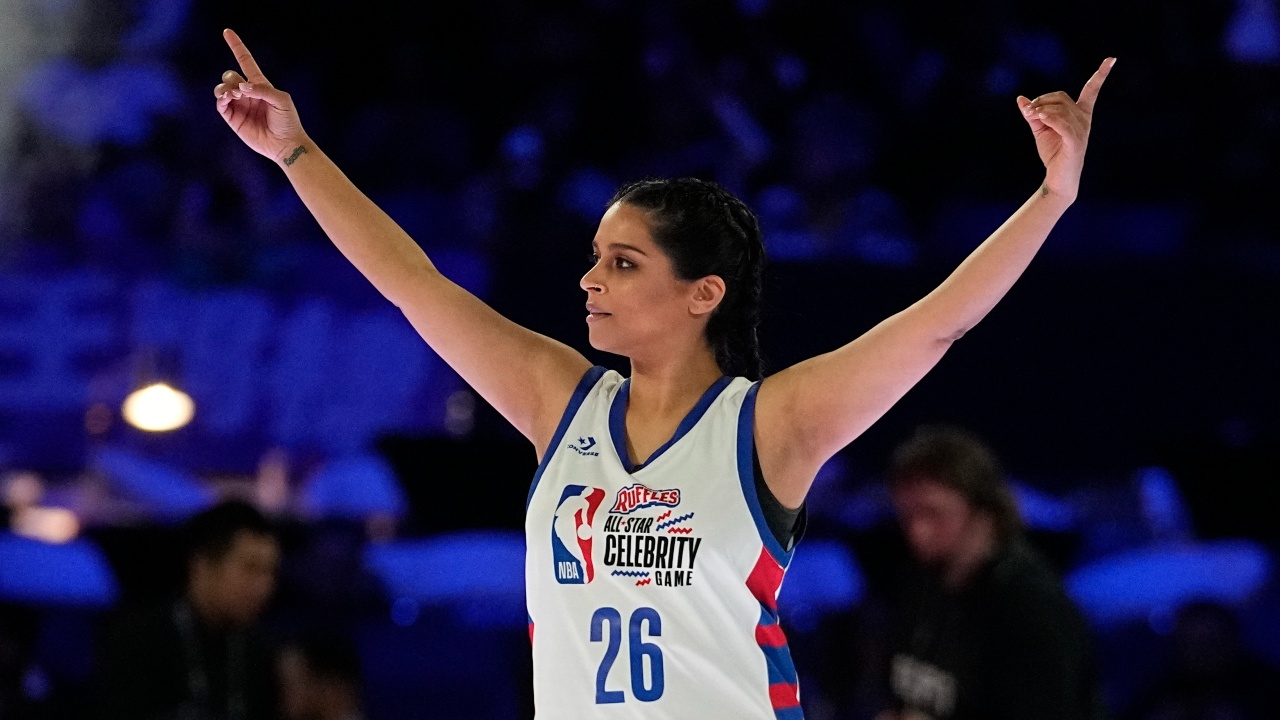The Media Calls Israeli Captives “Hostages” and Palestinians “Prisoners”
Although he was a soldier captured at a military outpost, U.S. news outlets rarely described Edan Alexander as a prisoner of war. The post The Media Calls Israeli Captives “Hostages” and Palestinians “Prisoners” appeared first on The Intercept.

There are several ways to describe someone held against their will, each with its own implications. The word “prisoner” suggests someone detained on suspicion of crimes or captured during times of war. “Hostage,” on the other hand, signifies a civilian held against their will.
Since the start of Israel’s genocidal war in Gaza, corporate media outlets in the U.S. typically describe Israeli captives as “hostages,” even if they are soldiers, and Palestinian captives as “prisoners,” even if they are children.
This semantic choice was once again on display in the coverage of the release of dual American Israeli citizen Edan Alexander, a soldier in the Israeli military captured from an Israel Defense Forces outpost along the Gaza border on October 7, 2023, by Hamas militants. Alexander, a 21-year-old New Jersey native, was freed after negotiations between Hamas and a U.S.-led delegation. His release kicked off Donald Trump’s Middle East trip, where the president is expected to meet with leaders of Saudi Arabia, the United Arab Emirates, and Qatar.
American news outlets on Monday referred to Alexander as “the last living American hostage” in Hamas custody. Anchors and analysts alike made little to no mention of his service with the IDF, instead grouping him with civilians who were also taken by Hamas. It’s an omission notable to Palestinians, who say that when the Israeli military captures their countrymen — even those who, unlike Alexander, are civilians — they are seldom granted a similar reception.
For Omar Baddar, a Palestinian American political analyst who was previously with the Institute for Middle East Understanding, the news coverage of Alexander is a perfect example of “anti-Palestinian bias” within media. Many outlets failed to mention crucial context, Baddar said, such as “his active membership in a foreign military at the time of his capture, and more precisely the Israeli occupation army that was enforcing the illegal blockade on Gaza” even before October 7.
“The humanizing coverage Alexander received and the deep concern about the conditions he was held in stands in sharp contrast to the thousands of Palestinian hostages who are rounded up by the Israeli military without any charge or trial to use as bargaining chips, and who are frequently brutalized beyond recognition, and who are sometimes killed in Israel’s dungeons without anyone in U.S. media even bothering to ask their names,” Baddar told The Intercept.
Throughout Israel’s occupation of the West Bank and its long-standing, decadeslong military conflict with militants in Gaza, Israel’s military has arbitrarily detained Palestinians, many of them civilians, holding them in prisons indefinitely without charges. Those in arbitrary detention often lack communication with attorneys or their relatives.
Such practices accelerated after Hamas’s October 7 attack. As of last December, 3,327 Palestinians remained in arbitrary detention within Israel’s prisons, which have a long history of reports of abuse, torture, and death, according to B’Tselem, an Israeli human rights organization. Among those arbitrarily held were 112 Palestinian children, a record high, said Defense for Children International. While the Israeli government has released high-profile Palestinian leaders during so-called prisoner swaps with Hamas, many of those released in the exchanges were Palestinian children under arbitrary detention.
Palestinians who are arbitrarily detained are often taken from their homes by IDF soldiers during evening raids, said Yousef Munayyer, a senior fellow at the Arab Center Washington, D.C., who heads its Palestine/Israel Program. “I don’t think any of these news outlets are referring to them as hostages, but that’s precisely what they are,” he said.
During a CNN broadcast on Monday afternoon, national security correspondent Alex Marquardt said Alexander’s release was “a moment of hope” for the families of the remaining Israeli captives toward a new ceasefire agreement. There was no mention of Palestinian families who are suffering behind an unlawful, nine-week Israeli blockade on food, water, fuel, and medicine entering Gaza. Israeli airstrikes and ground offensives have escalated within that span. Leading up to the release of Alexander, military strikes in Gaza killed at least 18 Palestinians, most of them women and children.
“It’s incumbent on legitimate journalistic outfits to get the facts right,” Munayyer said, such as acknowledging that Alexander is an American Israeli who was held in Gaza and likely would have been used as a bargaining chip. “It’s also true that [Alexander] was taken captive while serving in the Israeli military — a military that is involved in an occupation that is involved in serial violations of international law and human rights abuses. That’s all part of the facts in the context too.”
Munayyer also pointed to a sharp contrast between responses to the captivity of Tenafly native Alexander and the killing of another New Jersey native, Amer Rabee, a 14-year-old Palestinian American boy who was shot dead by an Israeli soldier in the West Bank in April. Munayyer, who grew up in the New Jersey area, noted that Rabee, an American citizen, was from Saddle Brook, a half-hour drive from Tenafly.
“The same administration that worked to get this Israeli soldier released from Gaza has done nothing to really demand accountability for the killing of this Palestinian American citizen who hails from right next door,” he said. “And so it’s a very glaring double standard.”
The day after Rabee was killed, Israeli Prime Minister Benjamin Netanyahu happened to be in Washington, D.C., and took questions from reporters in the Oval Office with Trump. Not a single journalist asked about Rabee’s killing, Baddar recalled.
“Between a media culture that dehumanizes Palestinians and puts Israel above accountability, we are dooming the American public to biased coverage.”
“Imagine what coverage would be like if any other foreign government had killed an American child, and how much grilling U.S. officials would receive if they hadn’t bothered to seek accountability,” Baddar said. “But between a media culture that dehumanizes Palestinians and puts Israel above accountability, we are dooming the American public to biased coverage that is tantamount to journalistic malpractice, and manufacturing consent for the morally broken and strategically idiotic foreign policy that traces an identical bias.”
Just before news of Alexander’s imminent release had broken on Sunday, MSNBC posted a sit-down interview with Palestinian poet and writer, Mosab Abu Toha, who recently won the Pulitzer Prize in criticism for his essays on Gaza. Abu Toha immediately faced backlash from some pro-Israeli groups and news outlets over social media posts questioning why Western media outlets refer to Israelis as “hostages,” namely Emily Damari and Israeli soldier Agam Berger. One group started a petition to revoke the award. In the interview, co-host Catherine Rampell questioned Abu Toha about the controversy.
“Why are our sufferings not acknowledged, why are we called terrorists, why are we called prisoners of war, while the Israelis kidnapped from Israel are named hostages?” he responded, adding that he and his family members had also been arbitrarily detained and beaten at Israeli checkpoints. “Does this give them more humanity if they are Israelis, while my loved ones are being named prisoners and are tortured?”
Rampell then asked why Abu Toha spoke against Western media outlets who humanized the hostages and asked, “Why can’t you just humanize — wouldn’t the better approach be to humanize everyone?”
“Thirty-one family members were killed in one airstrike, and you are questioning me how to use language here?” he said. He later clarified that he wasn’t trying to question the humanity of the Israeli soldiers taken captive, but asked: “Why should we sympathize with this soldier, who a few days later after her release went to celebrate her sister who had graduated from the air force — what is the Israeli air force? They are responsible for the killing of my family.”
The deal to release Alexander came as a result of negotiations between a U.S. envoy led by Trump adviser Steve Witkoff, with Egypt and Qatar serving as intermediaries with Hamas. Israel was notably absent from the talks. Last week, Netanyahu announced plans for the Israeli military to indefinitely occupy all of Gaza and flatten the Palestinian territory if Hamas didn’t agree to a deal with Israel before Trump’s visit to the region. With Trump not planning to visit Israel during his trip, many speculated a wedge had been driven between the two leaders.
After the release of Alexander on Monday, Netanyahu attempted to spin the narrative in his favor, crediting Israel’s “vigorous policy” and “military pressure of IDF soldiers in the Gaza Strip” for the release of the 21-year-old American.
Hamas, however, had offered to release Alexander months ago in March, along with other hostages, as talks continued during a temporary ceasefire. It was Netanyahu who, shortly after the offer, broke the peace agreement, ramping up military strikes in Gaza.
Alexander may choose to meet with Trump in Doha during his visit in the coming days, according to his family. The optics of such a meeting, without Netanyahu or members of his Cabinet, will signal further pressure on the embattled Israeli leader, Munayyer said.
The post The Media Calls Israeli Captives “Hostages” and Palestinians “Prisoners” appeared first on The Intercept.
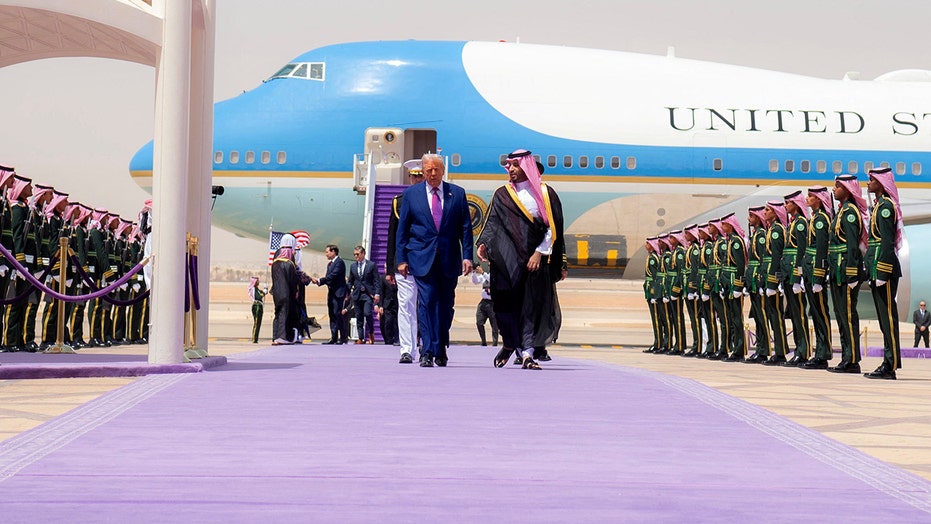
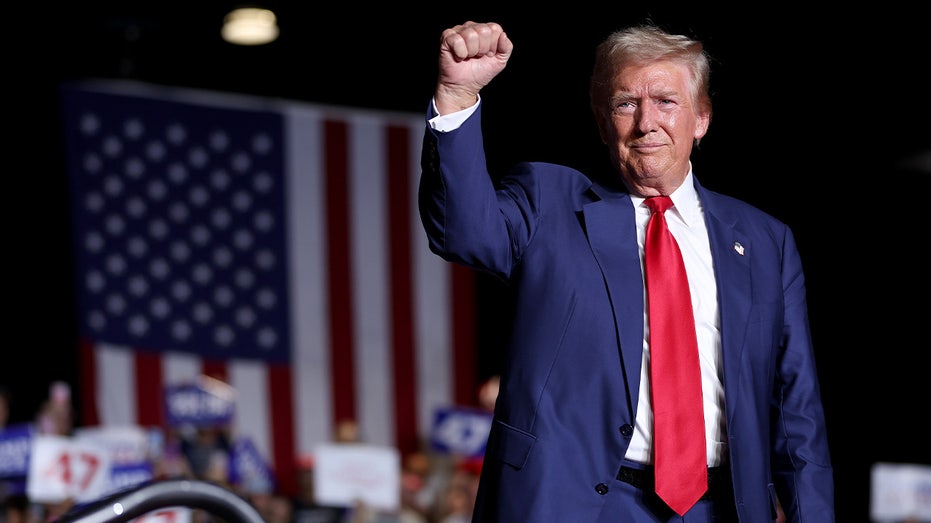
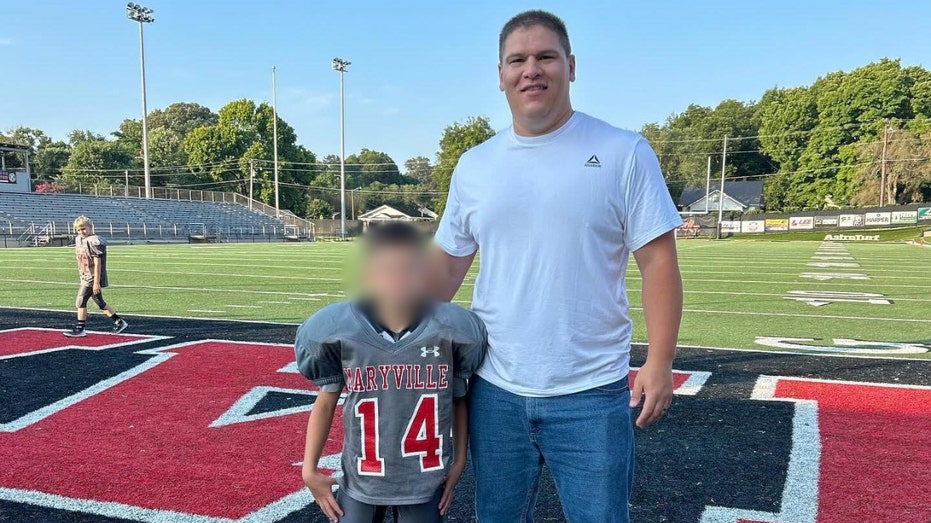
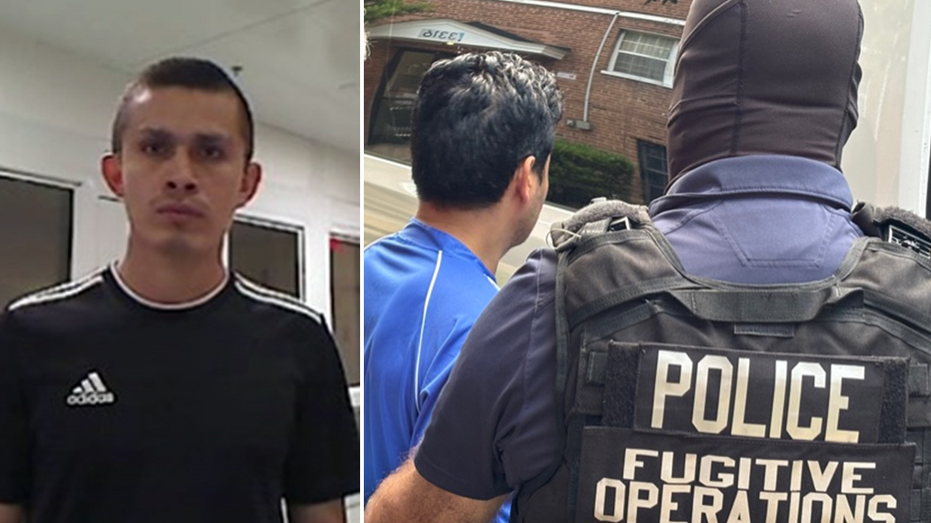














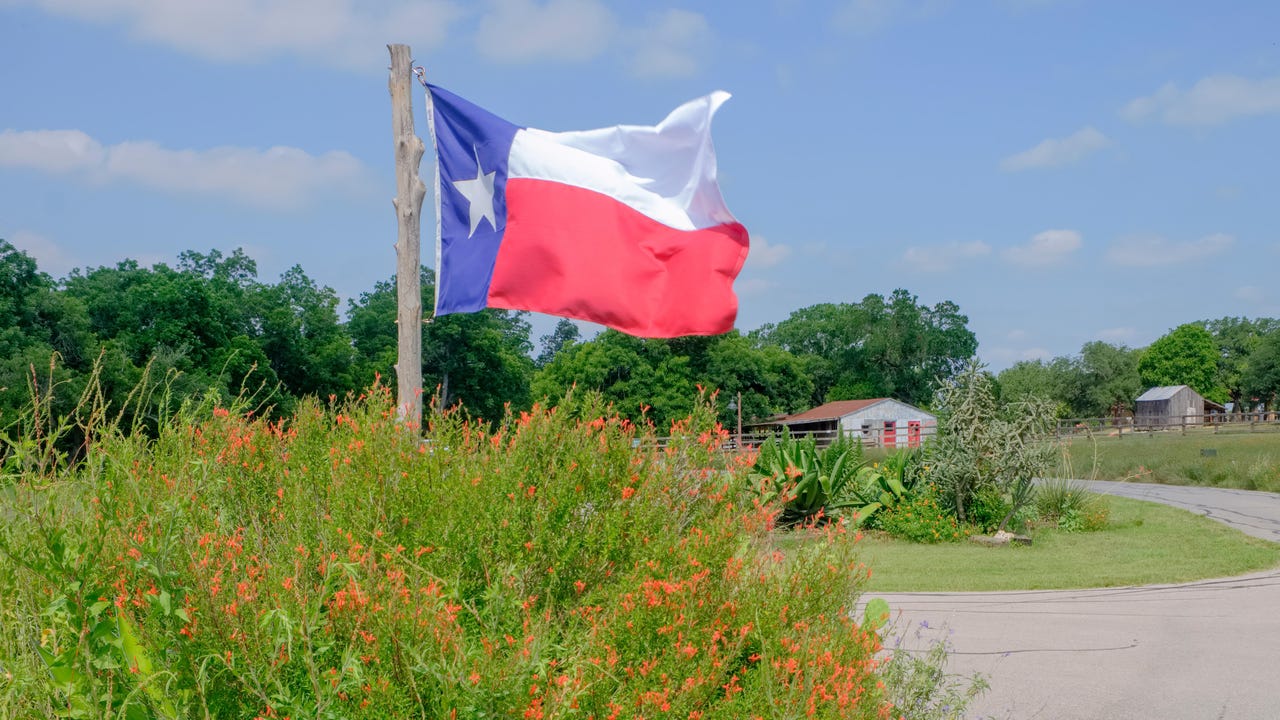

_ElenaBs_Alamy.jpg?width=1280&auto=webp&quality=80&disable=upscale#)




















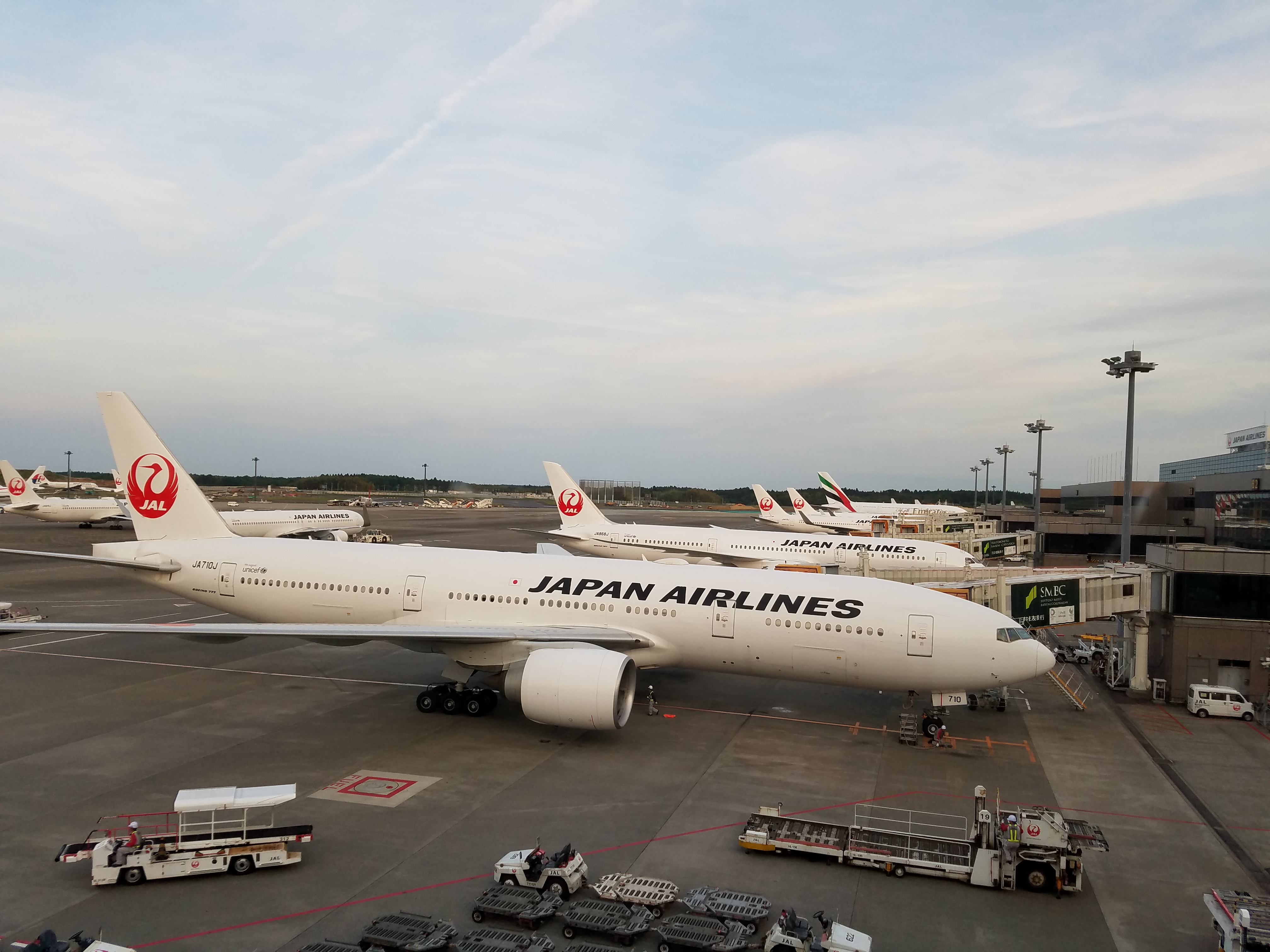
![Bitten By Bed Bugs At Luxor—Rushed To Hospital, All They Did Was Waive Her Resort Fee. Now She’s Suing [Roundup]](https://viewfromthewing.com/wp-content/uploads/2025/05/luxor.jpg?#)












